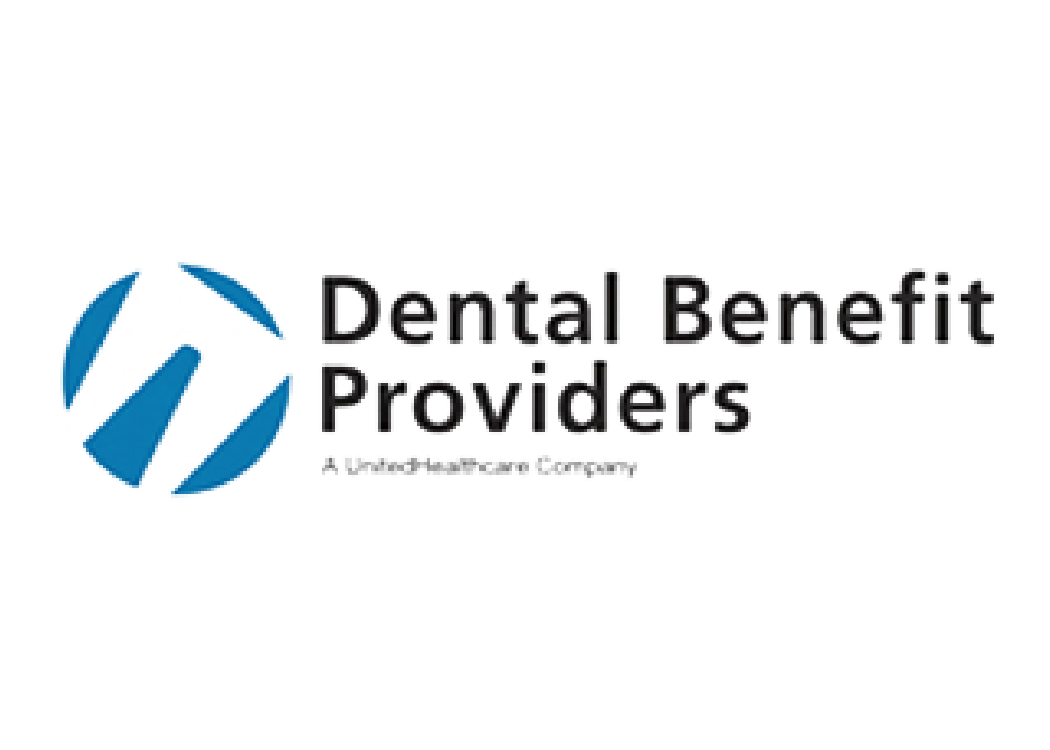The Connection Between Bruxism and TMJ Disorders in Pembroke Pines, Fort Lauderdale, and Aventura, FL
Relief from Jaw Pain Starts Here, at The Dental Care Group
Teeth grinding and TMJ disorders can significantly impact your oral health and overall well-being. Understanding the relationship between bruxism and temporomandibular joint disorders (TMD) is key to addressing both conditions effectively. Bruxism can often lead to or worsen TMD, causing pain and discomfort.
If you suspect you’re experiencing teeth grinding or TMD symptoms, reach out for professional help. Contact The Dental Care Group today to schedule an appointment and learn about your treatment options. You can reach our Aventura dental office at 305-935-2797, our Pembroke Pines dental office at 954-430-2300, or our Fort Lauderdale office at 954-963-3706.

The Dental Care Group Insights: Innovative Technology and Personalized Care
At The Dental Care Group, we take a patient-centered approach, utilizing state-of-the-art technology to diagnose and manage bruxism and TMJ disorders. Our team is dedicated to providing personalized care, addressing the root causes of your discomfort, and creating treatment plans that suit your lifestyle.
Oral DNA Testing for Individualized Treatment
We use innovative methods, such as Oral DNA testing, to understand your genetic predispositions. This testing helps us determine your susceptibility to specific oral health issues, including those linked to bruxism and TMJ disorders. With this knowledge, we can customize treatments to improve your chances of a healthy mouth for life.
What Is Bruxism?
 Bruxism refers to the habit of grinding, clenching, or gnashing your teeth. This condition can manifest while you are awake (awake bruxism) or during sleep (sleep bruxism). It’s often linked to factors such as stress, anxiety, sleep disorders, or even certain medications. Mild bruxism might not always require treatment, but frequent and severe bruxism can lead to significant oral health problems.
Bruxism refers to the habit of grinding, clenching, or gnashing your teeth. This condition can manifest while you are awake (awake bruxism) or during sleep (sleep bruxism). It’s often linked to factors such as stress, anxiety, sleep disorders, or even certain medications. Mild bruxism might not always require treatment, but frequent and severe bruxism can lead to significant oral health problems.
Untreated bruxism can contribute to a number of dental issues, including:
- Tooth Wear: Grinding wears down the enamel, potentially exposing the sensitive layers beneath.
- Cracks and Fractures: The pressure can lead to cracks or fractures in the teeth.
- Gum Recession: Bruxism may contribute to gum recession.
- Jaw Soreness: Constant muscle activity can cause jaw discomfort and tightness.
- Headaches: Tension headaches, particularly in the temple area, are common.
Identifying Bruxism: Recognizing the Symptoms
Recognizing the symptoms of bruxism is the first step toward seeking appropriate care. Here are some common indicators:
- Teeth Grinding or Clenching: This is a primary sign, sometimes loud enough to disturb a sleep partner.
- Flattened, Chipped, or Loose Teeth: The surfaces of the teeth may appear flattened or show signs of chipping.
- Increased Tooth Sensitivity: Worn enamel can lead to increased sensitivity to temperature or pressure.
- Tight Jaw Muscles: Jaw muscles may feel tired or tight, sometimes leading to a locked jaw.
- Jaw, Neck, or Face Pain: Aches and soreness can develop in the jaw, neck, or face.
- Earache-like Pain: Pain that mimics an earache can occur, even though the ear itself isn’t the source.
- Headaches: Dull headaches, often starting in the temples, are frequently reported.
- Cheek Damage: You might notice damage from chewing on the inside of your cheek.
- Sleep Disruption: Grinding or clenching can disrupt your sleep or that of your partner.
If you recognize these symptoms, consulting with The Dental Care Group can provide clarity and a path toward effective management.
How Bruxism Can Lead to TMJ Disorders
Bruxism can significantly affect the temporomandibular joint (TMJ), potentially leading to temporomandibular disorders (TMD). Regular and forceful grinding and clenching can impact the TMJ in several ways:
- Excessive Pressure: Bruxism places extreme pressure on the TMJs, leading to wear and tear over time.
- Muscle Strain and Fatigue: The muscles involved in chewing can become strained and fatigued, disrupting the joint’s stability.
- Inflammation: Repetitive grinding can inflame the TMJ area, causing pain, swelling, and discomfort.
- Joint Derangement: Prolonged bruxism can cause misalignment or displacement of the TMJ.
- Dental Damage: Damage to the teeth can change how the upper and lower teeth fit together, exacerbating TMJ issues.
- Restricted Movement: TMJ deterioration from bruxism can limit jaw movement, affecting chewing, speaking, and breathing.
Prevention of Bruxism and TMJ Disorders
Preventive measures can significantly reduce the risk of developing or worsening bruxism and TMJ disorders. Consider these strategies:
- Wear a Mouth Guard: A custom-fitted mouth guard protects your teeth from grinding forces during sleep.
- Manage Stress: Since stress is a major trigger, practice relaxation techniques like meditation, yoga, or deep breathing exercises.
- Improve Sleep Habits: Sufficient sleep can reduce bruxism risk.
- Limit Caffeine and Alcohol: These can increase muscle tension and grinding.
- Maintain Good Oral Hygiene: Regular dental visits and proper hygiene prevent dental issues that might contribute to bruxism.
- Relax Jaw Muscles: Use a warm compress against your cheek to relax jaw muscles.
- Practice Jaw Exercises: Certain exercises can help maintain jaw flexibility.
Treatment Options for Bruxism and TMJ Disorders
Various treatments are available for bruxism and TMD, with the most effective approach depending on the underlying cause and severity of the condition. Common treatments include:
 Mouth Guards or Splints: These protect teeth from grinding during sleep and can be custom-fitted.
Mouth Guards or Splints: These protect teeth from grinding during sleep and can be custom-fitted.- Stress Management: Techniques such as relaxation exercises, counseling, or biofeedback can help manage stress-related bruxism.
- Lifestyle Adjustments: Reducing caffeine and alcohol intake and improving sleep habits can also alleviate bruxism.
- Medications: Muscle relaxants, pain relievers, or anti-anxiety medications may be prescribed to manage symptoms.
- Physical Therapy: Specific exercises and manual therapy can improve jaw function and reduce pain.
- Botox Injections: Injections of botulinum toxin type A can help relax jaw muscles.
- Dental Corrections: In some cases, dental work may be needed to correct bite issues or repair damaged teeth.
Frequently Asked Questions
Are TMJ and bruxism the same thing?
No, temporomandibular joint (TMJ) disorders and bruxism are distinct conditions, though they are often related. Bruxism is characterized by the grinding, clenching, or gnashing of teeth, while TMJ disorders encompass a range of conditions affecting the jaw joint and muscles that control its movement. Bruxism can contribute to TMJ disorders by placing additional stress on the jaw joint.
What are the potential indicators of bruxism?
Bruxism presents a variety of indicators, including teeth grinding or clenching, worn or damaged teeth, headaches, jaw pain, earaches, and disrupted sleep patterns. Someone might also experience tightness in the jaw muscles or notice damage to the inside of their cheek. If you suspect you have bruxism, consulting with a dentist is advisable.
Can bruxism be fully resolved?
There isn’t a definitive cure for bruxism, but its effects can be managed. Treatment options include mouth guards, stress management techniques, lifestyle changes, medication, and dental work. The most appropriate treatment strategy depends on the specific cause and severity of the bruxism.
Can bruxism lead to lasting harm?
If left unaddressed, bruxism can lead to lasting harm to your teeth and jaw. The continuous grinding or clenching can wear down tooth enamel, resulting in chipped or cracked teeth. Bruxism can also cause discomfort and damage to the jaw joint and muscles.
Take Action for a Healthy Smile
If you believe you may have bruxism or a TMJ disorder, seeking assistance from a dental professional is important. The Dental Care Group is dedicated to providing gentle, top-tier dental care.
Our commitment is to deliver comfortable, economical, and convenient dental solutions that fit your individual needs. Our aim is to provide each patient with exceptional, tailored attention in a pleasant setting. The Dental Care Group strives to keep pace with the most innovative advancements, offering patients the most effective and efficient care possible.
With locations in Aventura, Pembroke Pines, and Fort Lauderdale, access to quality dental care in South Florida is closer than you think. Don’t let bruxism or TMJ disorders diminish your quality of life. Contact The Dental Care Group today to discover a treatment strategy crafted for you. Dial 305-935-2797 for Aventura, 954-430-2300 for Pembroke Pines, or 954-963-3706 for Fort Lauderdale.
Locations Performed in
What they say
Yesenia Ruiz
Maria Perez
Lois Cardona
Ellie Moldavsky
Andie Hall
Richard Steward
Richada Wright
Payment Information
CASH

CHECK

CREDIT CARD

Financing

The cost of your treatment will vary depending on your individual needs and treatment plan. We will discuss with you the cost of your treatment and each of your available payment options before you begin, so that you can make the best choice for you.
We offer:
- Easy Payment Options
- Affordable Savings Plans
- Web Specials
- Dental Care Group Discount program



















